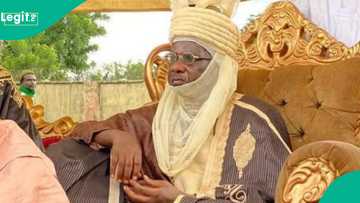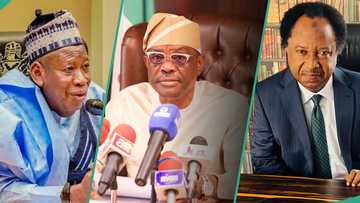List of the major Hausa states in Nigeria and their unique heritage
The major Hausa states in Nigeria are essential to the country’s cultural and historical identity. The Hausa people are among the three largest ethnic groups in Nigeria, alongside the Igbo and Yoruba, with a deeply rooted history, traditions, and influence that extend beyond Nigeria into other African regions.
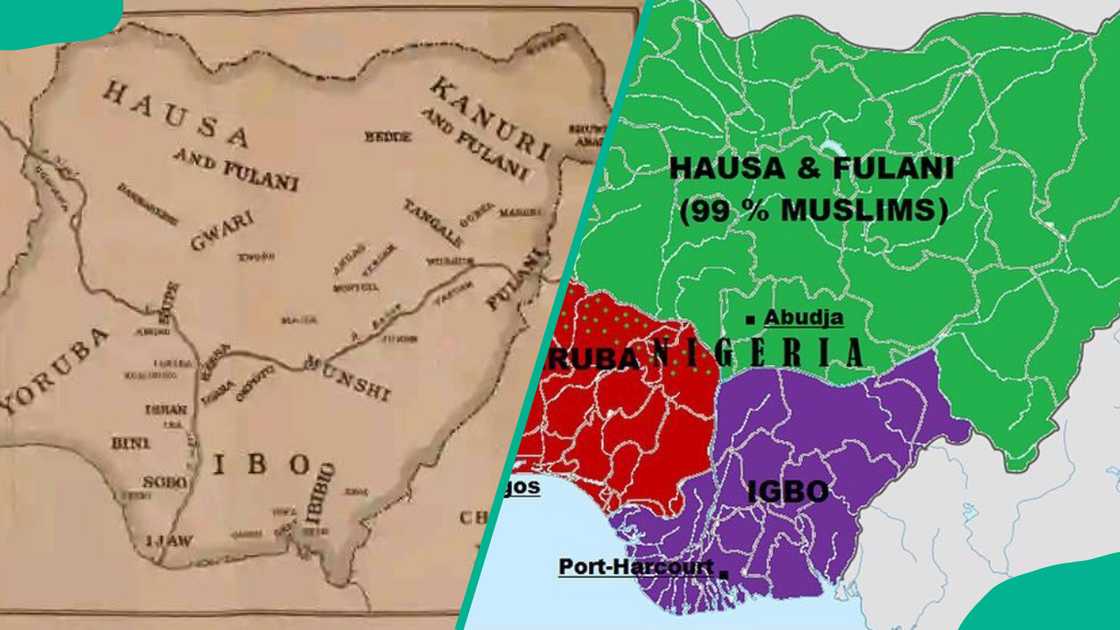
Source: UGC
TABLE OF CONTENTS
Key takeaways
- The Hausa are one of the most culturally unified ethnic groups in Nigeria.
- Historically, Hausa states were divided into two categories: Hausa Bakwai (the true Hausa states) and Banza Bakwai (the satellite states).
- Today, several northern Nigerian states are predominantly Hausa-speaking and remain central to Hausa heritage.
List of Major Hausa States in Nigeria Today
Today, the Hausa people dominate much of northern Nigeria. While no state is 100% Hausa, the following are widely recognised as major Hausa strongholds due to their large Hausa-speaking populations:
- Bauchi state
- Borno state
- Kano state
- Katsina state
- Plateau state
- Taraba state
- Niger state
- Adamawa state
- Kaduna state
- Sokoto state
- Jigawa state
- Kebbi state
- Zamfara state
These states remain the cultural, political, and economic centres of the Hausa tribe in Nigeria.
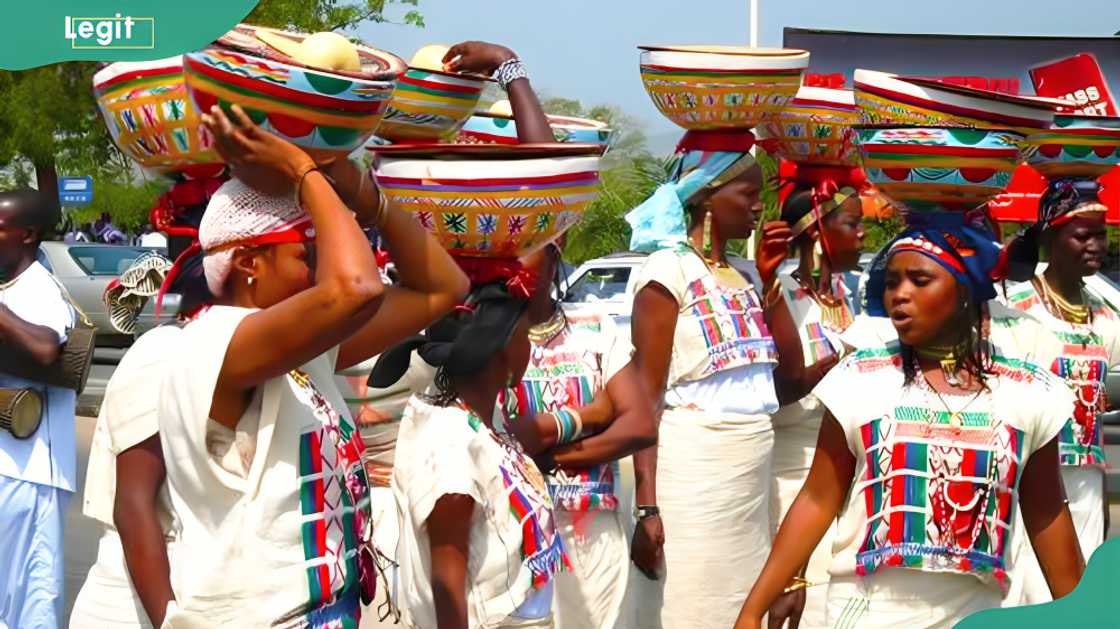
Source: UGC
Historical background of Hausa states
Before Nigeria’s creation, the Hausa were already organised into well-structured kingdoms. These kingdoms were divided into two groups:
Hausa Bakwai (The Seven True Hausa states)
The original Hausa states, believed to be founded by Bawo and his six sons, were regarded as the true Hausa kingdoms. They include:
- Daura
- Kano
- Katsina
- Zaria (Zazzau)
- Gobir
- Rano
- Biram
These states were purely Hausa-speaking and represented the heart of Hausa civilisation.
Banza Bakwai (The Seven Satellite states)
Another group of states was linked to the Hausa through conquest or intermarriage. These were not considered “true Hausa” but were heavily influenced by Hausa culture. They include:
- Zamfara
- Kebbi
- Yauri (Yawuri)
- Gwari (Gwariland)
- Kwararafa (Jukun territory)
- Nupe
- Ilorin (sometimes included depending on historical interpretations)
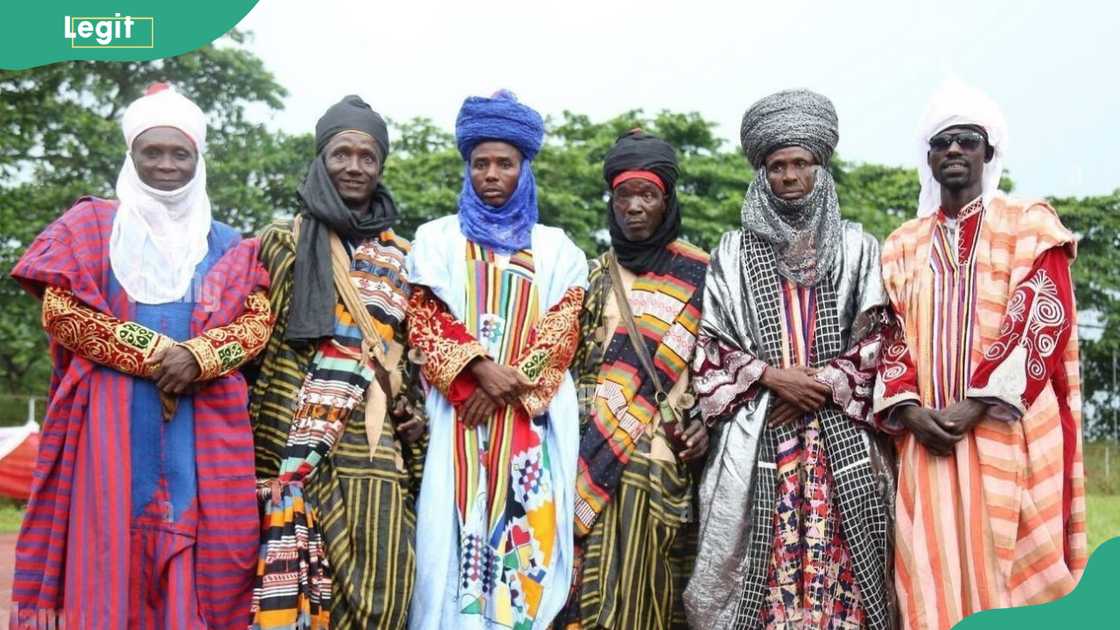
Source: UGC
What are the 14 Hausa states?
The 14 Hausa states are traditionally divided into the Hausa Bakwai (7 true Hausa states) and the Banza Bakwai (7 satellite states), making them 14.
What are the 7 Hausa states?
The 7 Hausa states, known as Hausa Bakwai, are Daura, Kano, Katsina, Zaria, Gobir, Rano, and Biram.
How many Hausa states are in Nigeria today?
About 13 northern states are predominantly Hausa-speaking, though Hausa people can also be found across other parts of the country.
In which countries is Hausa dominant?
Beyond Nigeria, the Hausa language and culture are dominant in Niger and are also spoken widely in Chad, Cameroon, Benin, and parts of Ghana and Sudan.
Which part of Nigeria is Hausa?
The Hausa people are concentrated in the northern region of Nigeria, particularly in states like Kano, Katsina, Kaduna, and Sokoto.
The major Hausa states in Nigeria represent a rich blend of history, culture, and heritage that continues to shape the country’s northern region. From the ancient Hausa Bakwai kingdoms to the modern Hausa-dominated states, the Hausa people remain a cornerstone of Nigeria’s identity and influence across West Africa.
Legit.ng recently published an article highlighting the richest tribe in Africa. Across the continent, wealthy tribes play a crucial role in economic growth, trade, and development.
Their financial strength boosts local economies and contributes to regional progress through business influence, investments, and infrastructure. So, which tribe holds the top spot? Find out which tribe is the richest in Africa, ranked by wealth, economic power, and overall influence.
Source: Legit.ng

Adrianna Simwa (Lifestyle writer) Adrianna Simwa is a content writer at Legit.ng where she has worked since mid-2022. She has written for many periodicals on a variety of subjects, including news, celebrities, and lifestyle, for more than three years. She has worked for The Hoth, The Standard Group and Triple P Media. Adrianna graduated from Nairobi University with a Bachelor of Fine Arts (BFA) in 2020. In 2023, Simwa finished the AFP course on Digital Investigation Techniques. You can reach her through her email: adriannasimwa@gmail.com

John Ouma (Lifestyle writer) John Ouma is a journalist with six years of experience. He has published sharply argued think pieces that live at the intersection of power, politics, and society. He was awarded the FirstGen scholarship by Biola University and a merit-based scholarship by AMDA College and Conservatory of the Performing Arts in January 2021. He has worked for The Standard and Nation Africa as an opinion columnist between 2018 and 2022. He is currently working on his first novel—a literary fiction that traces the life of a contemporary Kenyan artist. Email: gervasjohn97@gmail.com



